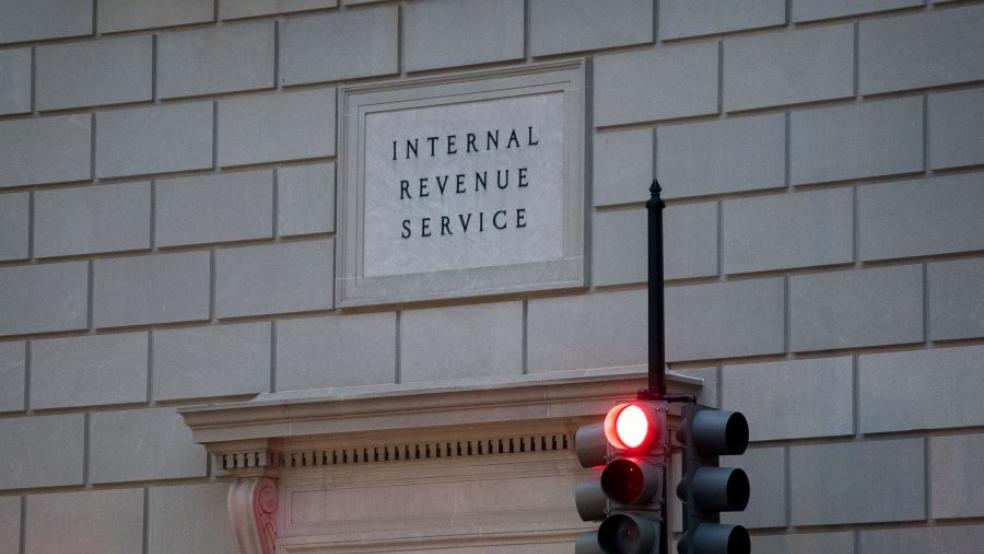In what it called a “major policy change,” the Internal Revenue Service said Monday that its agents will largely stop making unannounced visits to taxpayers’ homes, reversing a decades-long practice that had revenue officers turn up unexpectedly to collect unpaid taxes and unfiled tax returns.
The change is part of a larger strategic operating plan meant to transform the agency using funding from last year’s Inflation Reduction Act. The agency last week announced improved metrics for taxpayer service for the 2023 filing season and said that it had collected $38 million in unpaid taxes from more than 175 high-income taxpayers in just the past few months.
"We are taking a fresh look at how the IRS operates to better serve taxpayers and the nation, and making this change is a common-sense step," IRS Commissioner Danny Werfel said in a statement. "Changing this long-standing procedure will increase confidence in our tax administration work and improve overall safety for taxpayers and IRS employees."
The Washington Post’s Julie Zauzmer Weil cuts through the jargon: The shift, she writes, is “meant to protect employees’ safety due to the fear of potentially irate taxpayers answering the door.” Weil notes that IRS agents have long had to worry about their safety, but that “recent rhetoric from Republicans opposed to last year’s increase in IRS funding has raised more concerns about agents showing up announced on citizens’ doorsteps.”
Tony Reardon, President of the National Treasury Employees Union, which represents IRS workers, applauded the decision and said it “will help protect those whose jobs have only grown more dangerous in recent years because of false, inflammatory rhetoric about the agency and its workforce.”
The tax agency isn’t ending the practice of unannounced visits entirely, but the new policy will likely cut the annual number from tens of thousands under the previous policy to less than a few hundred now, in cases involving what the agency calls “a few unique circumstances.” Most visits will be replaced by letters mailed to schedule meetings.



